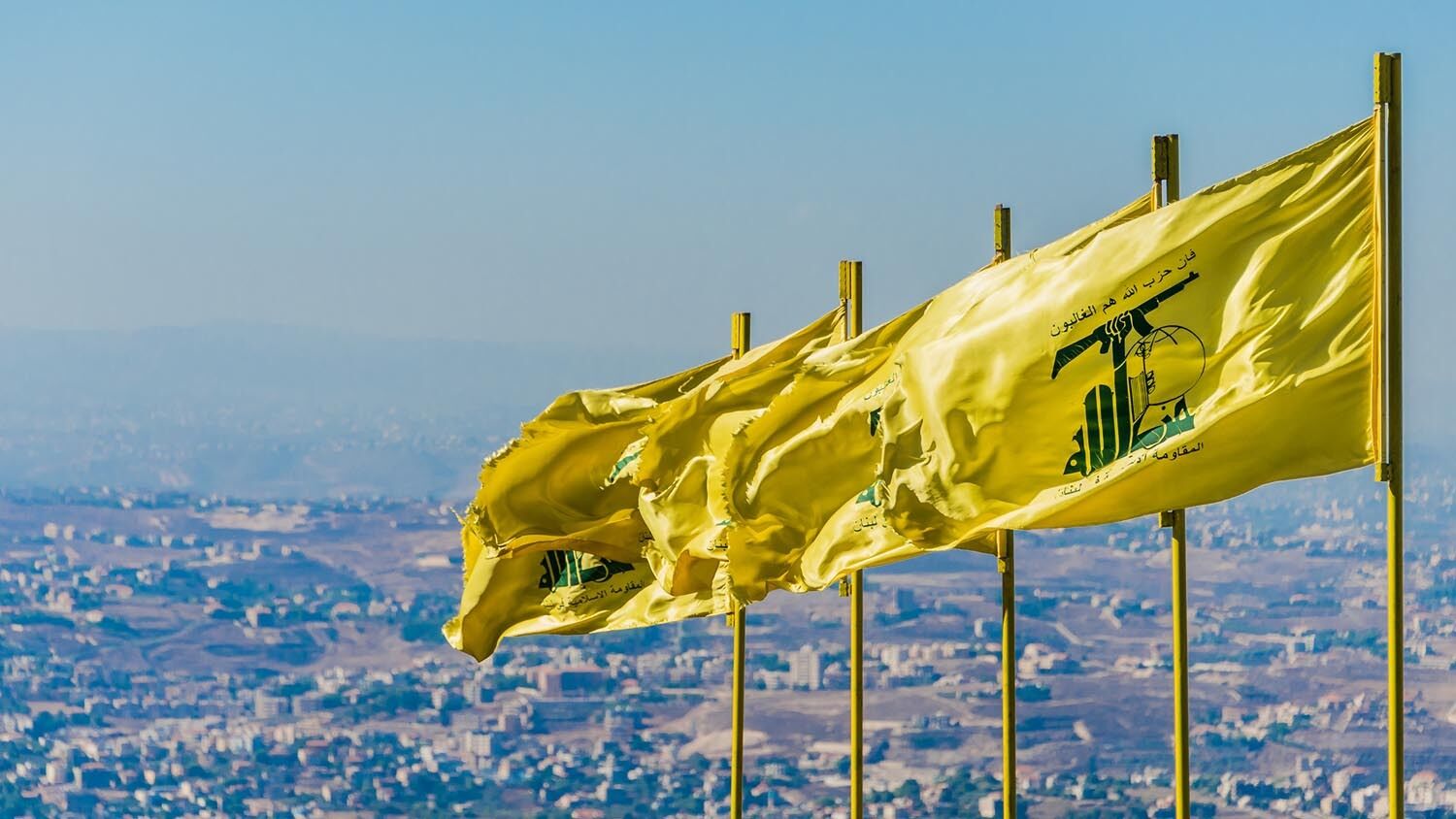
Hezbollah Now Self-sufficient?
For years, Israel has kept a watchful eye on Iran’s weapons shipments to Hezbollah. Israeli airstrikes as close as Syria and as far away as Sudan have hindered Iran’s ability to arm Hezbollah, which is its terrorist proxy in the south of Lebanon. But reports from Kuwaiti newspaper Al-Jarida suggest that Israel’s interference is a thing of the past.
According to Al-Jarida, an Islamic Revolutionary Guard Corps (irgc) source has revealed that Hezbollah has weapons production plants in Lebanon’s south. The report comes just a week after Iranian Defense Minister Hussein Dehghan said that Hezbollah “now possesses the capabilities to build and produce any projectile or missile” to strike Israel.
The irgc source said that the building of the weapons facilities began in October 2012, when Israel bombed the weapons factory in Khartoum, Sudan.
Israeli security forces have conducted a number of well-publicized raids on shipments and convoys from Iran that were destined for Hezbollah. The penny has dropped for Iran, which has apparently circumvented Israel’s efforts by moving the entire manufacturing process to Lebanon.
This does not entirely negate the chances of Israel striking at the facilities, but it does make airstrikes much more difficult. According to the irgc source, the factories are at least 50 meters underground—virtually impervious to Israeli airstrikes. Even if this is untrue, any Israeli airstrike would likely spark the tinderbox and lead to another round of wars between Israel and Lebanon.
In such an event, the Lebanese army has promised to side with Hezbollah in the fight against Israel. Israel is faced with a dilemma: allow the facilities to continue producing weapons that will lead to a bloodier fight later on, or address the issue now—and go to war.
The irgc source told Al-Jarida that even if Israel does conduct airstrikes, no one factory produces all the required parts, meaning that production cannot be halted with a single strike.
The source could be exaggerating the array of weapons that are being manufactured at these plants. But the irgc sources also claimed that it has trained the factory workers in Iran—ensuring a smooth transition from Iranian to Hezbollah workers at the facilities.
The news certainly causes Israel and the Israeli Defense Force a great deal of concern. With the U.S.-funded Lebanese army already promising to join Hezbollah in any conflict, the size and capability of Hezbollah increases. The factories add another component. Should war break out, Israel would need a combined air and ground assault. If tanks roll into Lebanon, however, it may now be faced with a bristling defense of antitank, mortar and machine gun weaponry. What’s more, if built in Lebanon in underground bunkers, Israel has even less chance of accurately gauging the scope of Hezbollah’s power.
In 2006, Hezbollah launched 4,000 rockets at Israeli cities in just 34 days. Contrary to Western perceptions, Hezbollah did not lose that war. From the get-go, it employed a defensive policy aimed at surviving Israel’s assault. After 34 days, Hezbollah was still very much alive, and Israel’s air of invincibility and unity was very much dead. In a 2006 article asking “Who Won?,” Trumpet managing editor Joel Hilliker wrote:
The Israel of wars past—winning decisive, lightning-fast victories over multiple Arab states—has been visibly replaced by an Israel that failed to defeat a fighting force of only a few thousand well-prepared terrorists.
One year later, Hezbollah had completely restocked. Today Hezbollah is estimated to have more than 150,000 rockets and missiles at its disposal. According to the Jerusalem Post, thousands of these can hit any target in Israel: complete coverage. Should there be another war, Israel will not square off against the terrorists of 2006, but a well-armed and well-trained army—which may already be manufacturing its own arsenal.
What can Israel do? With Iran developing nuclear weapons and backing a resurgent Hezbollah, Israel’s position is becoming increasingly desperate. For more, read Joel Hilliker’s 2007 article “There Is Hope for Israel.”
